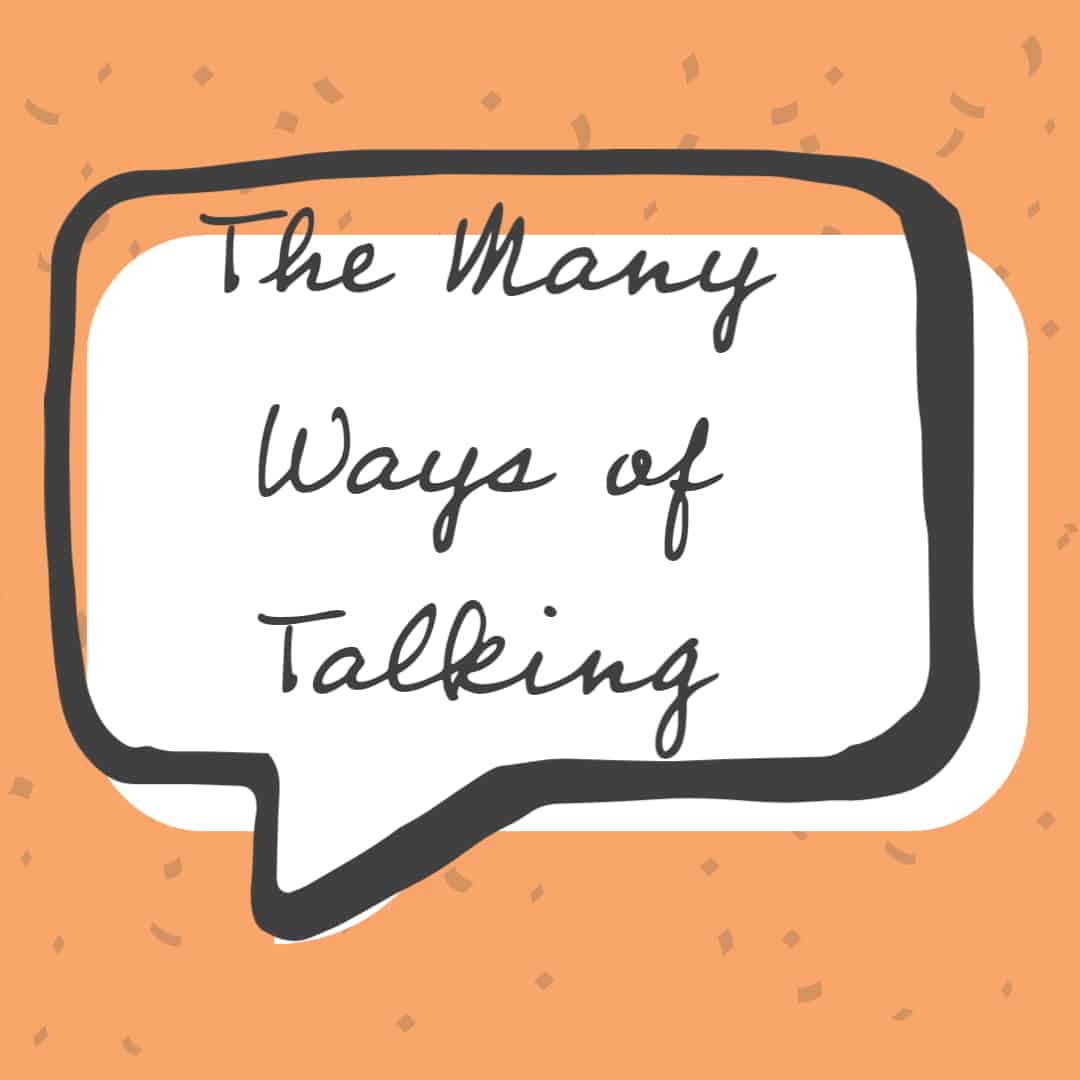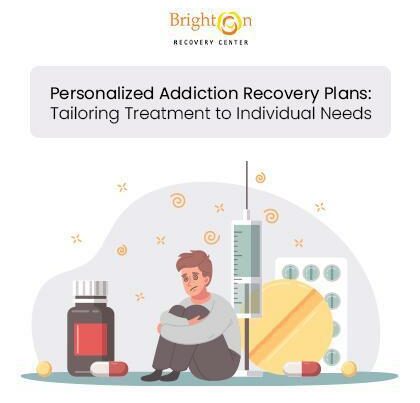The Many Ways of Talking

Much of recovery involves talking about someone’s experience with drugs or alcohol and the various ways that it has affected their lives. This dialogue is important both from a personal point of view, as well as for the betterment of the recovery process as a whole. Personally, it can help someone verbalize the issues that may plague their minds every day, and thus find a way to separate themselves and their identity from their own past mistakes and guilt.
From a professional point of view, this involves addressing someone’s starting point and relationship with drugs or alcohol in their lives and helps to formulate a plan for their own recovery. This discussion is paramount to the recovery process. However, not every person is able to articulate their complex emotional state and history with drugs or alcohol in words. But talking can be much more than using someone’s voice to verbalize their thoughts. Communication is a very fluid thing and there is more than just one way to “talk.”
The Need for Engaging With Others
Due to the extremely emotional nature of addiction recovery, it is understandable that someone would be reluctant to talk about their experiences with addiction, especially in the early stages of recovery. While it is inherently a vulnerable time, it is in addressing these vulnerabilities where true healing can begin. Engaging with other people is more than talking about someone’s own issues with addiction.
Rather, a conversation about recovery and healing is just as much about listening to others’ stories with an open mind. Companionship and community are huge factors when establishing a healthy relationship with recovery and developing a positive outlook for one’s own future. It is important to talk to others in some capacity in order to aid someone’s own healing process, and hearing the voice of others can be the motivational tool that someone needs to begin exploring their own voice.
Simply knowing that someone may not be as alone in their struggles as they once thought can be profound for someone in the early stages of recovery. It helps each person combat the inherent feelings of isolation that come with addiction, as well as show each person the various ways that others cope with the struggles of recovery every day. Addiction recovery is a communal effort and finding one’s own voice to add to that strength is an important part of recovery.
Using Art Therapy
Art therapy is one of the more widely used methods of exploring voice without talking. It can take any form and utilize whatever materials that someone deems fit for a particular project. Art is a deep exploration of someone’s emotional state and the portrayals can help each person delve deeper into themselves without the risk of being misunderstood. It is something that is wholly one’s own and there is no “wrong way” to create an emotional piece.
From the subject matter, the color pallet used, the imagery and abstract choices made, or even the boldness and thickness of the lines being drawn or painted all carry meaning with them and provide new insights that even the artist may be unaware of at a time. Art is something that takes form in time and it rarely looks exactly the same as how someone imagines the work in their head.
However, because of this, it is something that can take on a truly genuine form that exhibits one’s emotional state at the moment of creation. Furthermore, art therapy leaves all of the agency up to each individual. That is, they can decide who they share it with, if they choose to share it at that time at all, and how they then use this glimpse into their own mind at a particular place and time is all up to them. The genuine nature of art therapy can provide an unencumbered voice to those who may be less willing or able to articulate their emotions in words.
Music Therapy
Music therapy is another evidence-based model of therapy that holds weight as an expression of voice while also making someone more aware of their own body, as they focus on their own movements, fingering of strings or keys, or controlling their breathing in certain patterns. Music and its composition, as well as in its performance and practice, is a medium that can transcend languages and instead exists as a way to convey an emotional feeling in those listening.
This is done in any variety of ways, depending on the instrument or use of particular techniques in composition, making the piece more lively or more somber. Additionally, music is something that can be experienced and sharing a piece of music that particularly resonates with someone can be a way that someone finds a way to express their emotional state.
While these are some ways that someone can find their voice while searching for the proper way to express their complex emotional state, there are many more ways that expression takes place. Dance can be a way for someone to exercise while finding their own ways of communication and expression, and someone can portray a lot of their feelings simply based on the clothes that they wear.
Communication is so much more than just talking and having a community that is accepting and responsive to the various ways that voice can be manifested can help develop each individual’s turning point both in their recovery and in finding their identity.
If you or a loved one are struggling with addiction and the various mental health issues that may accompany it, Brighton Recovery Center is available to help. With programs available from detox, to sober living, to outpatient therapy, there is a program for many situations, depending on your own needs and goals, as well as your personal stage of recovery. With a comprehensive, 6 building campus, each person has the opportunity to find their own communities and own way of expressing themselves. Art therapy and movement therapy are only a couple of the many evidence-based recovery models used at Brighton. All of these programs are utilized in tandem to create a holistic, supportive, and all-inclusive community in recovery. For more information on how Brighton Recovery Center can help you and about the options that may be pertinent to your particular situation, contact Brighton Recovery Center today at (844) 479-7035.



